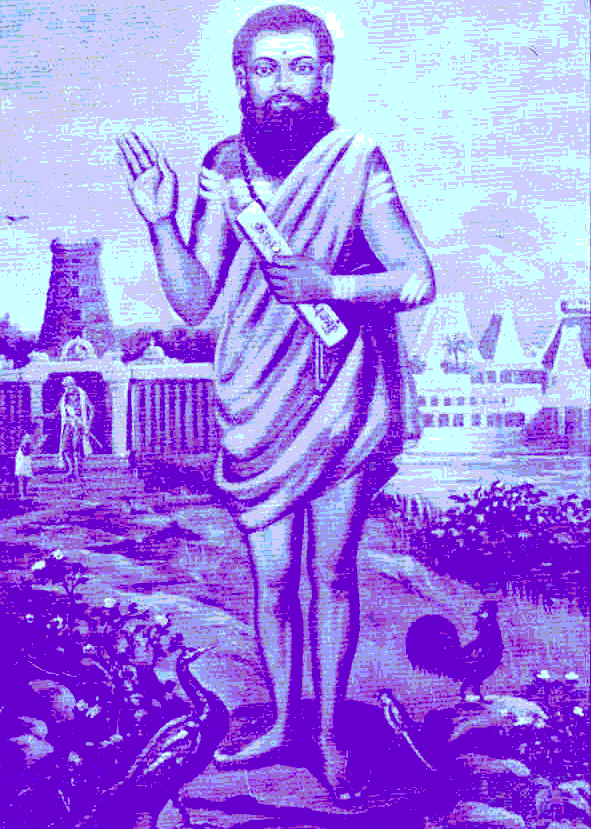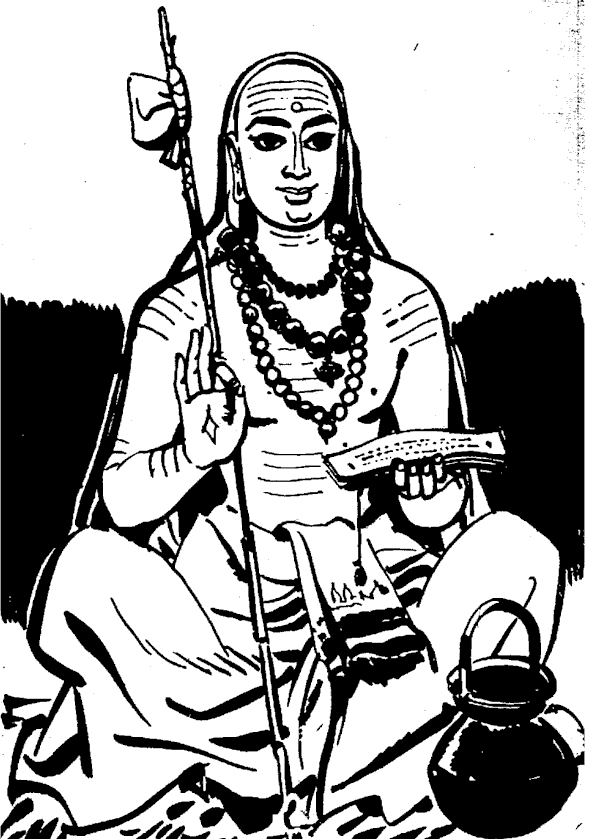Ancient tamil literature eulogizes Skanda. The tamil
work Tirumurugatruppadai by Nakkeerar of the Sangam
period reveres the 6 padai veedu shrines
of Skanda. It is thus interesting to note, that the city of Madurai (the
home of the Tamil Sangam) has held the Murugan shrine at Tirupparankunram in special regard for about
2000 years!

The Tamil works Akanaanooru and Puranaanooru
of the Sangam period also refer to some of the abodes of Skanda such as
Tiruchendur. Interestingly, even the Silappadikaaram refers to Tiruchendur and Tiruchengode
(enshrining Ardhanareeswarar and Chengottuvelavar)
as abodes of Murugan.
The Skanda Puranam in sanskrit
narrates legends related to Skanda and Shiva.
Subramanya Bhujangam in sanskrit, composed by Aadi Sankara in
the later half of the 1st millennium CE revers Subramanya (enshrined at
Tiruchendur).

Kalidasa's Kumara Sambhavam
- composed in Central India again in mid 1st millennium CE describes the story of the birth of Skanda. The Tamil version of Skanda
Puranam was created by Kachiappa Sivacharyar of Kumara Kottam at
Kanchipuram.
Arunagirinathar
of the 15th century CE is the composer of Tiruppugazh - a collection of
hymns dedicated to Skanda in various temples across the length and breadth of the state of
Tamilnadu. His works Tiruppugazh and Kandar Anubhooti
are held in great regard by the Tamils. Other recent works such as the Skanda
Sashti Kavacham and the Skanda Guru Kavacham are also used in
worship.
